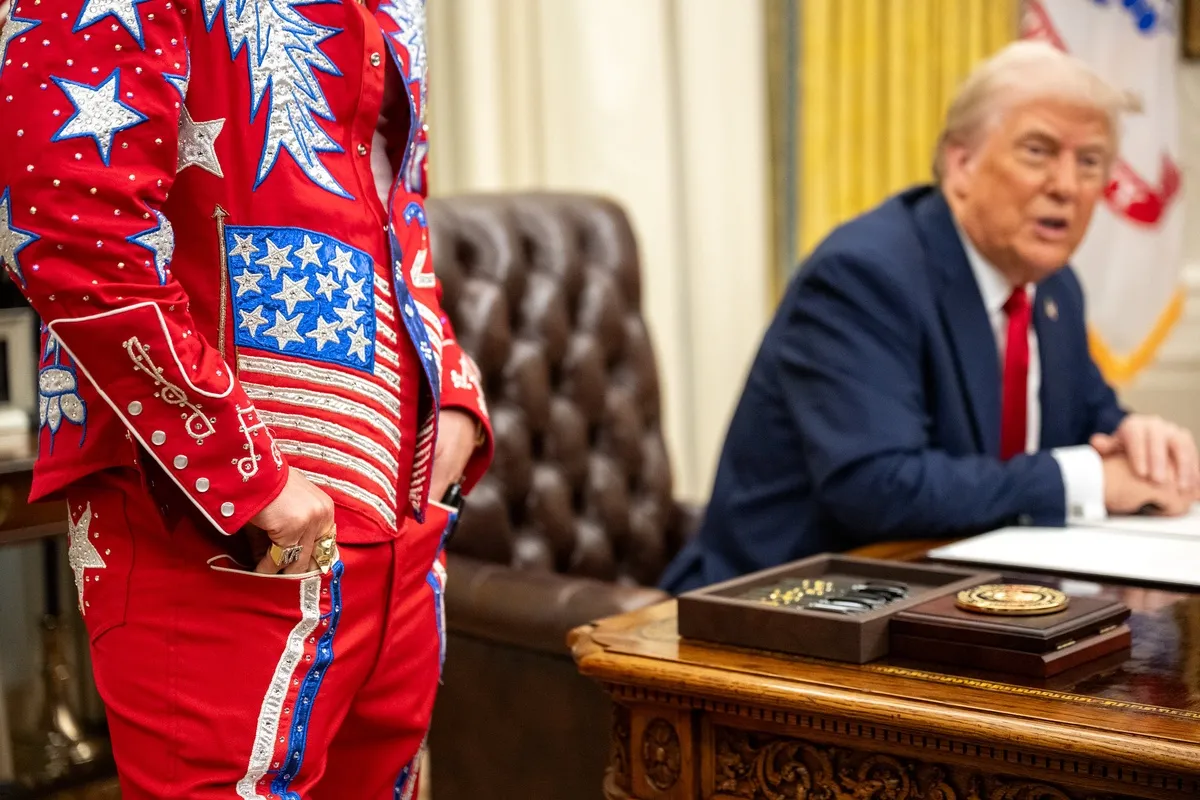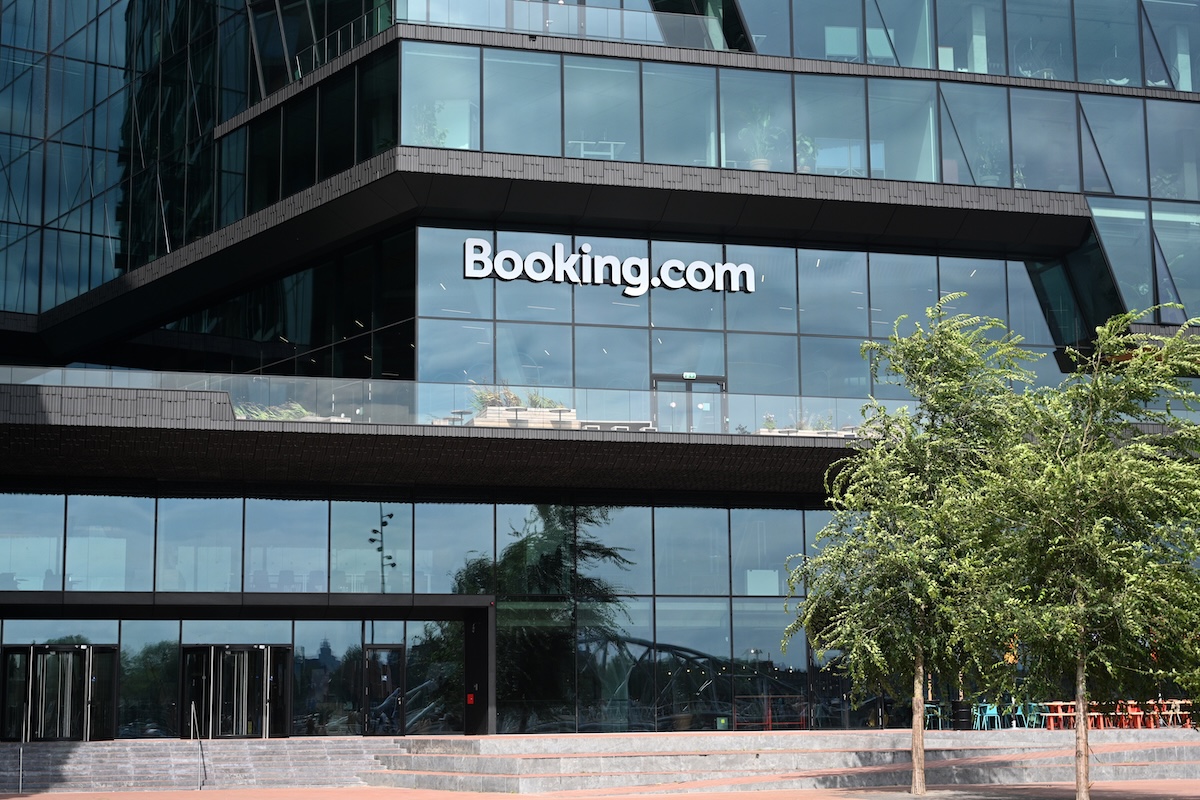Starwood’s Barry Sternlicht Poised to Invest in Struggling Hotels When Time Is Right

Skift Take
Plenty of hotel investment opportunities are to be had in an economic downturn, but it is a waiting game.
While many hotel owners and operators are struggling with depleted revenue per room and occupancy, investor talk is focused on how to capitalize on the hospitality industry’s recovery from the nosedive in travel demand. Once the hotel industry moves from survival mode from the initial impact of the coronavirus pandemic into a recovery, investors like Starwood Property Trust Chairman and CEO Barry Sternlicht are ready to pour capital into new properties.
But owners aren’t ready to sell until the economy is on strong-enough footing to offer some idea on a property valuation.
“For the underwriter of the equity, it's the question of direction how the rent is going. In hotels, they will recover. I personally don't think Americans are going to change their habits forever. I think this is the flu. It started out as a flu. It's a bad flu,” Sternlicht said on Starwood’s first quarter earnings call on Thursday. “But nobody's selling hotels or buying hotels, nobody, and believe me, we look. We try to buy here and there, but they're not going to sell on trailing 2019 earnings. Nobody's doing that.”
Get the Latest on Coronavirus and the Travel Industry on Skift's Liveblog
Sternlicht, who founded Starwood Hotels and has since gone on to launch brands like 1 Hotels and Treehouse Hotels, still made hotel deals happen in the first quarter. His Starwood Capital investment firm acquired a nearly 9 percent stake in Extended Stay America earlier this year, as the economy extended stay sector is the hotel industry’s strongest sector in the crisis. While Sternlicht did not mention the Extended Stay America deal on the earnings call, he did claim another Starwood economy extended stay asset, InTown Suites, is currently averaging an 80 percent occupancy.
Most of Starwood’s hotel portfolio is temporarily closed due to occupancy levels being too low to justify operations. While the investment team is working to get some level of debt service leniency for hotel owners, Sternlicht indicated he would like to take on even more hotel ownership in future quarters.
“All the borrowers are working collaboratively with us, and the underlying lenders are working with us because it's nobody's fault,” he said. “We would like to own these hotels. If they give us the keys, I suppose it'd be okay taking them. But that's not really what we're trying to do. We're not trying to be vultures to our own borrowers.”
Protecting the House
Starwood Property Trust still faced its own first quarter struggles despite planning for future investment opportunities. The real estate investment trust posted a nearly $67 million loss, but executives with the company touted Starwood’s strong balance sheet as key to surviving any coronavirus economic impact. The company has more than $870 million cash on hand and the ability to tap into an additional $1 billion in liquidity if needed, Sternlicht said.
While the coronavirus pandemic hammered the hospitality industry, Starwood Property Trust President and Managing Director Jeffrey DiModica said hotel loans account for only 12 percent of the firm’s total assets. Retail loans are less than 2 percent. Starwood’s leadership team has worked with banks on restructuring loans in light of the current business climate.
“The banks have been super supportive,” Sternlicht said. “We really appreciate their partnership. And they know we're not the issue.”
Limited exposure to big convention hotels in markets like Atlanta, New Orleans, and New York City also puts the company in a good position, Sternlicht said. Most analysts and investors anticipate group travel will recover last while leisure travel and resorts will see a quicker rebound.
Starwood executives also reiterated its own real estate strategy is to hold, so investors should not expect a rush to sell in the current economic environment.
“As we have said before, ours is not a short-term business model,” Starwood Property Trust Chief Financial Officer Rina Paniry said. “To the contrary, we intend to hold the vast majority of these investments long-term and unrealized spread marks are not an indicator of value recovery over time.”
Ready to Strike
A longer recovery timeline gives investors more chances for opportunity in the hotel market. Government assistance like the Paycheck Protection Program under the $2 trillion U.S. coronavirus relief package helps hoteliers retain employees and run operations at lower breakeven points.
A branded hotel usually needs between a 30 and 40 percent occupancy to break even on operational costs and debt service obligations. PPP lowers the threshold to between 6 and 15 percent since the loan covers payroll expenses, according to a Bernstein research report. But when these programs run out, operators will struggle if the recovery hasn’t begun.
“Let's be candid. If the country doesn't open, these companies’ assets will run out of the ability to support themselves,” Sternlicht said. “Sadly, the real estate taxes and the insurance costs haven't dropped even though the properties dropped in value. The municipalities are not exactly giving waivers on real estate taxes and then you have to actually keep the box operating.”
Starwood’s chief executive is optimistic the industry will find ways to adapt. Full-service hotels will likely return with limited food options and other less profitable parts of the operation until demand is back. Staffing levels will have to slowly return with occupancy.
“I'm optimistic. I think as you've seen – I've been on TV, on March 13, I said World War III for 90 days, and we're about halfway,” Sternlicht said. “It's really ugly, but obviously when it's really ugly, it's a good time to invest.




